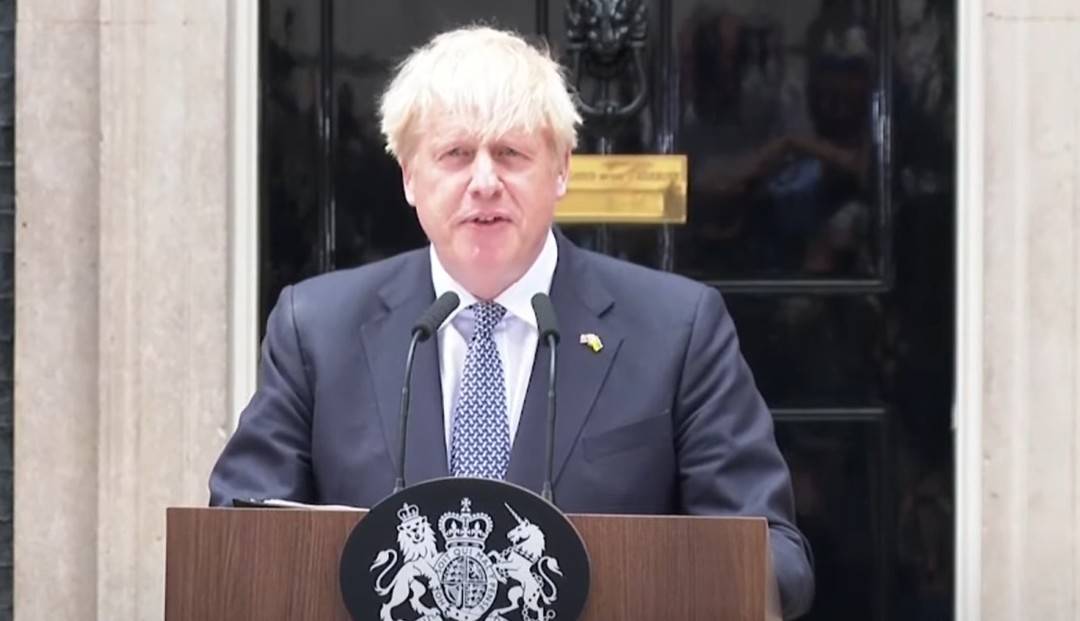The European economy falls into high inflation and energy crisis quagmire
Author:Xinhuanet Time:2022.08.16
Xinhua News Agency, Brussels, August 15th (International Observation) European economy has fallen into high inflation and energy crisis quagmire
Xinhua News Agency reporter Kang Yi Lin Hao Chen Chen
Recently, the level of inflation in Europe has continuously risen, and has repeatedly reached a record high, leading to a sluggish consumption. At the same time, the EU's "open source throttling" measures proposed by the tension of energy supply have also been questioned. Under the high inflation and energy crisis, the European economic prospects are becoming more dull, and the risk of recession further intensifies.
High inflation drags consumption
Since the beginning of this year, under the influence of many negative factors such as the Fed's radical interest rate hike effect and the spread of the European energy crisis, the inflation rate in the euro area has continued to rise. In July, the inflation rate of the euro area was 8.9%at an annual rate, exceeding market expectations, and reached a record high.
Affected by this, consumer living costs in the euro zone surged, the actual purchasing power decreased, and the willingness to consume was weakened. At the same time, the surge in cost spread to the production field, leading to a decline in industrial output, and some energy -intensive enterprises were discontinued.
According to data released by the EU Statistical Bureau recently, retail sales in the euro zone in June decreased by 1.2%month -on -month and 3.7%year -on -year; EU retail sales fell by 1.3%month -on -month, a year -on -year decrease of 2.8%. Both the euro zone and the EU retail sales have shrunk, indicating that people are cautious about consumption under inflation pressure.
Belt Colene, a senior economist in the Euro Zone of the Dutch International Group, pointed out that with the reinvention effect of the service industry's reoperation, the consumption of service consumption in the euro zone will also be weakened. The district economy declines.
According to data from the European Commission, the consumer confidence index of the euro zone in July fell to the negative 27, which was lower than the negative 23.6 in June, which was also lower than the medium value of economists.
Chris Williamson, a market research institution, believes that as consumers are increasingly worried about rising living costs, even if the epidemic restrictions are relaxed, consumer expenditures have not surged as expected. At the same time, in the case of uncertain economic prospects, corporate expenditures are also affected by risks and disgust.
Energy -saving measures are difficult to solve difficulties
In order to ensure the safety of energy supply, the EU encourages member states to introduce relevant measures to save energy and improve energy efficiency. At the end of July, the European Union took voluntary measures to reduce demand for natural gas by 15%this winter. The agreement has been officially effective since this month, but it remains to be observed whether it can eventually play.
Due to the uneven capacity of EU member states and different adjustments to adjust, the EU has different opinions on the agreement. Some member states believe that the legal foundation of the agreement is "defective." Some member states believe that the agreement is "paying" for the energy consumption country. In addition, the agreement has set out exemption clauses for some countries, which may weaken measures for implementation.
The market's agreement on the EU's demand for reduced natural gas does not buy it, and the price of natural gas in Europe remains rising. Tianda Group Petroleum and Natural Gas Analyst Nathan Pipper said that the European Union seeks dependence on Russia's natural gas and pays "high political and economic costs."
The EU's coal ban on Russia began on August 11. During the transition period of the first four months, the EU increased coal imports from the United States, Australia, South Africa, and Indonesia, but this led to an increase in the cost of coal. Pushing up the electricity price.
The prospect of risk accumulation is worrying
Although the European economy has achieved growth in the second quarter of this year, analysts said that with the gradual decline of the economic restart effect after the new crown epidemic, under the high inflation and energy crisis, the European economy faces greater risk of recession in the second half of the year.
The latest comprehensive leading index announced by the Economic Cooperation and Development Organization shows that the euro zone is losing growth momentum and the economic prospects have deteriorated. As the euro zone economic locomotive, Germany's economic growth in the second quarter, and Daka Bank analyst Andreas Siller predicted that the German economy may decline in winter.
The CEO and founder of the financial institution Ibanfirst Piel Anto Anto Dusulier said that the situation of Ukraine's situation and poor energy transformation implementation has led to energy dilemma in Europe, and the decline in the euro area has become a high probability event. New energy infrastructure takes at least two to three years to put it into use. The European economy will face uncertainty during this period.
The report of the Oxford Economic Research Institute pointed out that with the increasing impact of high inflation, energy conservation measures, and financial environment on economic activities, the European economic growth momentum in the second half of 2022 is weakening. Relevant surveys show that in the next 12 months, the possibility of technical decline in the euro area will be close to 60%.
In order to prevent inflation from further deteriorating, the European Central Bank started the first increase in interest rates in more than ten years in late July, and the three major interest rates in the euro zone raised 50 basis points. Inflation continues to rise and the risk of economic recession has exacerbated more pressure on the European Central Bank.
Analysts pointed out that the European Central Bank's monetary policy lags behind the inflation situation, making interest rate hikes very limited on the current inflation. Significantly raising interest rate hikes may increase the risk of economic recession and debt crisis risk.
- END -
Global connection | Indian scholar: Global Development Initiative and BRICS Development Objectives Synchronous

Xinhua News Agency, New Delhi, June 23rd, a professor at the University of Khrug, ...
What did Prime Minister Johnson leave Britain for 3 years?丨 timeline

Cover reporter Huang LinyunBoris Johnson, he was the mayor of London, who enjoys t...